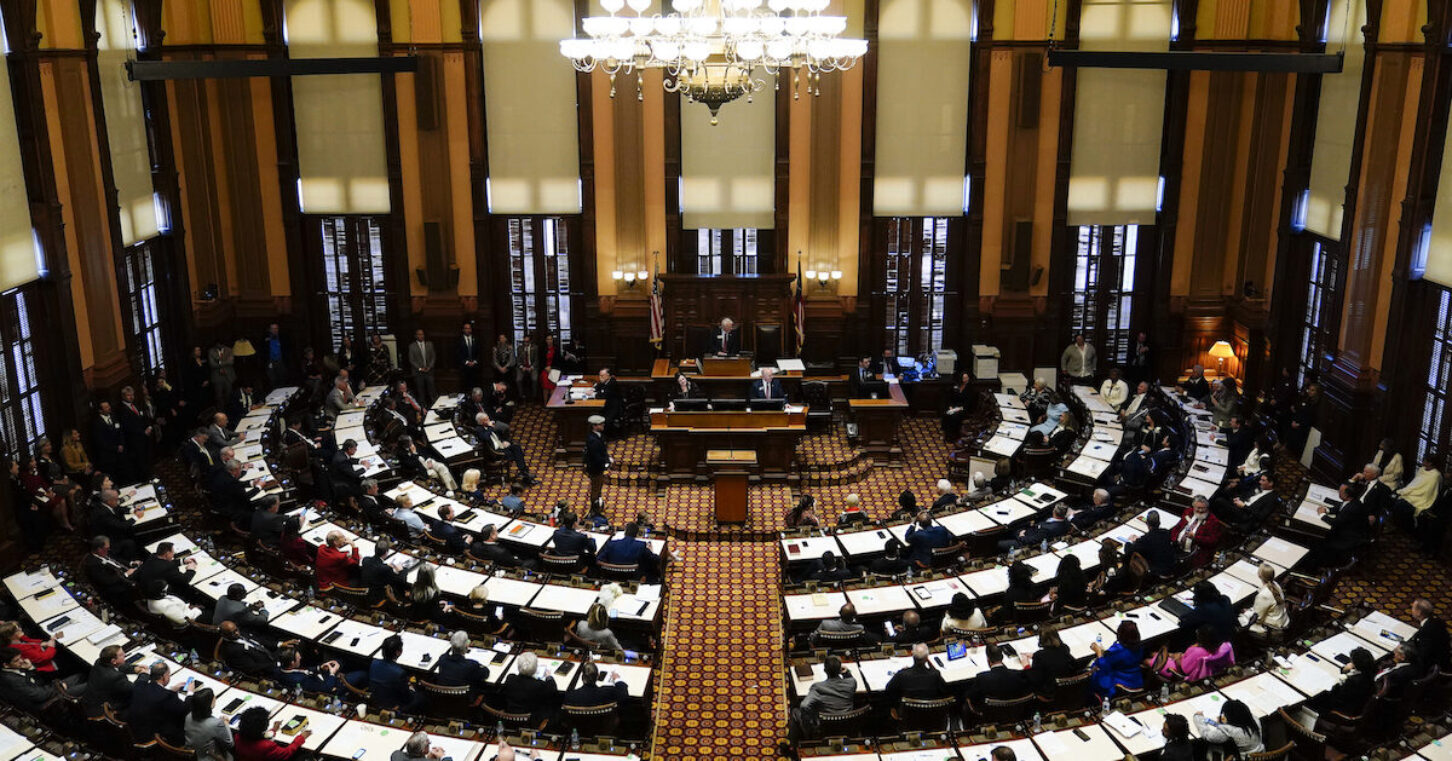
Perhaps no recent ballot measure has sparked more confusion than this year’s amendment on property taxes.
The General Assembly approved Amendment 1 with overwhelming, bipartisan majorities. Yet the electorate seems less enthusiastic. People don’t even agree about what the amendment would do.
My colleague Chris Denson has written a good summary of the amendment’s mechanics. Today, I’m addressing common questions about the implications of approving Amendment 1. I’m not advising you how to vote, only how to think through it.
Would it undermine local control? No.
The amendment offers a new, floating homestead exemption to protect homeowners from soaring property assessments that lead to higher property taxes. But local governments – cities, counties and school boards – remain in control.
First, local governments can opt out of the new arrangement early next year. Second, counties still determine property values, even if the floating homestead would limit the taxable portion of those values; the state is not uniformly setting property values, as I’ve seen argued. Third, property values are only one factor in determining property taxes; the other, the millage rate, remains in local hands.
Finally, to the extent the amendment trades lower property taxes for higher sales taxes (more on that below), that option is mostly unavailable to local governments today. So arguably, Amendment 1 empowers local governments by giving them a new policy tool.
Would it make property taxes less fair? That depends on how you think about taxes.
Yes, two homes of equal value may be taxed differently under this amendment. But that already happens. Owners of similarly valued homes owe different amounts of property taxes depending on whether they live in their home or rent it out, whether it’s their primary residence, and whether they qualify for other relief (such as school-tax exemptions for senior citizens). Discrepancies already exist between counties, and sometimes within counties.
In other ways property taxes may become more fair. Only the property tax increases one person’s tax burden because of another’s decisions. That is, when my neighbor sells his home at a profit, my home value may rise even though I wasn’t the buyer or seller, and I don’t have any more money than before. That may keep our values similar, but this tax on an unrealized gain isn’t “fair,” particularly for lower-income homeowners in gentrifying areas.
In hot real-estate markets, recent home buyers will pay more than longer-term homeowners. But each homeowner would have agreed to their home’s price – and thus, more so than today, to their home’s taxable value. Recent home buyers would also benefit from slower-growing assessments going forward. That’s arguably fairer than today.
The property tax is also the rare tax in which the government sets both factors: For example, the government doesn’t conjure a “market rate” salary to calculate my income tax liability. But it does so for my home. This leads to a different unfairness, as local governments profit from growing tax digests and then claim to have “cut taxes” if they lower the millage rate even a tad.
Would it lower the tax burden overall? Not for everyone.
The amendment allows cities and counties implementing the floating homestead to add a new sales tax of up to 1% via a new Floating Local Option Sales Tax, which voters must approve separately. The sales tax is meant to offset lower property-tax revenues.
What does that trade mean for individual taxpayers? It’s hard to say. Not everyone lives in similarly priced homes. Not everyone qualifies for a homestead exemption. Some Georgians may live in a county that opts out, getting no property-tax cut, but shop primarily in a county that stays in and adopts the higher sales tax. There are as many possible outcomes as there are households.
What’s more, most school boards are expected to opt out. Why? They can’t share in the new sales tax, and the state caps their millage rate. They would simply lose revenue, which violates their mantra that all their problems would disappear if only they had more money.
Typically, roughly half of Georgians’ property taxes go to schools, so if school boards opt out that would dramatically weaken Amendment 1’s tax savings. An overall tax cut would then depend on how well cities and counties calibrate property-tax cuts to new sales-tax revenues.
Legislators created Amendment 1 with the intent of helping homeowners. But for real tax relief, whether Amendment 1 passes or not, there’s no substitute for holding your local elected officials accountable.